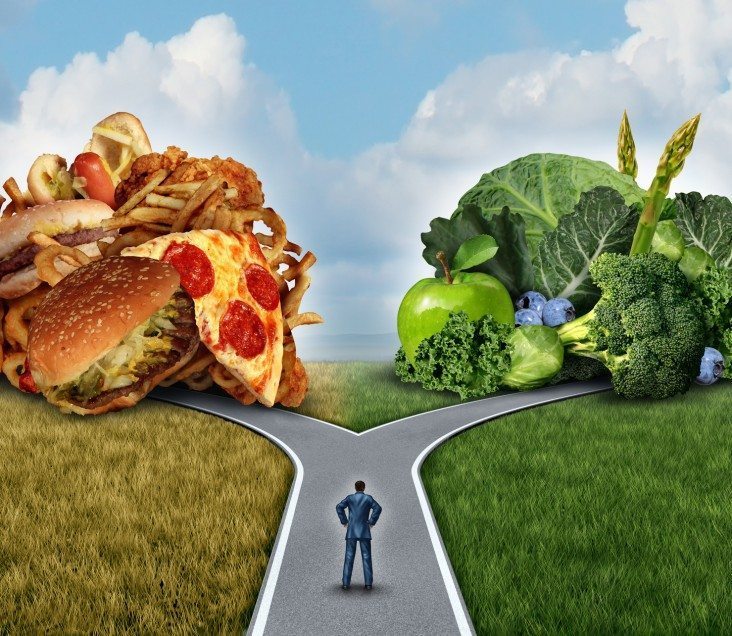by Nancy Mehlert MS
When I first met Dr. McManus, she made a remark to me that I’ll never forget. Never because I did not want to believe what she said, and never because she proved to be right. You see, I came to her with significant body pain. My wrists, hands, knees, and lower back were chronically painful. I had joint and muscle pain. So what did she say that I’ve never forgotten? She told me that she believed more than 50% of my issues, especially around pain, were a result of the foods I was eating. That was hard for me to swallow (pardon the pun) because I love food and I loved the foods she was suggesting I eliminate. However, several weeks later, after cleaning up my diet (specifically removing wheat and sugar), my body pain was gone and I realized that she was right! When anyone tells me they have joint, muscle and nerve pain, a first priority is to clean up the diet. Specifically, below are the foods you would be wise to eliminate to see if you experience significant reductions in pain.
Sugar in all forms. Look closely at your diet. Be aware of the collective sugar. It is surprising to see that several somewhat innocent choices can add up to considerable sugar in a day. For example, one cup of organic brown rice pasta, one ounce of dried cranberries and a cup of watermelon is digestively over 60 grams of sugar. Sugar sources include fruit juices and smoothies (no matter how fresh pressed or organic they are!) and even some fruits such as grapes, watermelon and ripe bananas which have little to no fiber. The more obvious forms of sugar are included such as agave, maple syrup, honey, coconut sugar, and corn and rice syrups. Less obvious are the carbohydrates that digest rapidly to glucose (i.e. sugar) such as wheat, rice, corn, and potato as well as gluten free grains. Remember, your approximate one gallon of blood only needs about 1 teaspoon, or 4 grams of sugar in it at any given moment for optimal function. Anything more than that is suboptimal and harmful, i.e. inflammatory! Inflammation is PAIN. We would all do best if we kept added sugar to zero, and grain intake to very little or none. Whole fruits with good fiber content are fine but the low to no fiber fruits are best kept to a minimum or avoided all together. Most of your healthy carbohydrates should come from the vegetable world and all others should be kept as low as possible and certainly should not exceed 15-25 grams a day.
Processed Foods of every kind. This is where all breads, cereals and pastas fall, especially the glutinous wheat products. Also included here are the additives, preservatives and food chemicals that are so harmful to the nervous system, organ systems and digestive tract. Monosodium glutamate, nitrates and nitrites, artificial sweeteners, especially aspartame, are all potential pain creators by stimulating pain receptors. This makes the receptors more sensitive, irritating muscle tissues, disrupting sleep and compromising the immune system. Dairy is another culprit due to pasteurization and often times added sugars where the end product is highly processed food. Casein, one of the proteins found in dairy can be very difficult to digest and causes pain for many.
Allergy Foods, those foods to which you are allergic often manifest as pain. It is wise to test for food allergies and eliminate those foods to quiet the immune system and reduce pain and inflammation.
Foods that Reduce Pain and Inflammation
Thankfully there are many foods that help to reduce inflammation and pain. Here are some of the best: ginger, olive oil, green leafy vegetables, walnuts and almonds, turmeric, salmon, celery, blackberries, raspberries, blueberries, strawberries, and cayenne pepper. It’s no surprise that these are all real, whole, natural foods and spices from the earth that naturally do the work of pain relief.
Resources: http://blogs.naturalnews.com/21-foods-reduce-pain-inflammation-boost-immunity/ http://articles.mercola.com/sites/articles/archive/2016/09/28/sugar-industry-research-manipulation.aspx http://blogs.naturalnews.com/8-worst-foods-people-arthritis-joint-pain/

